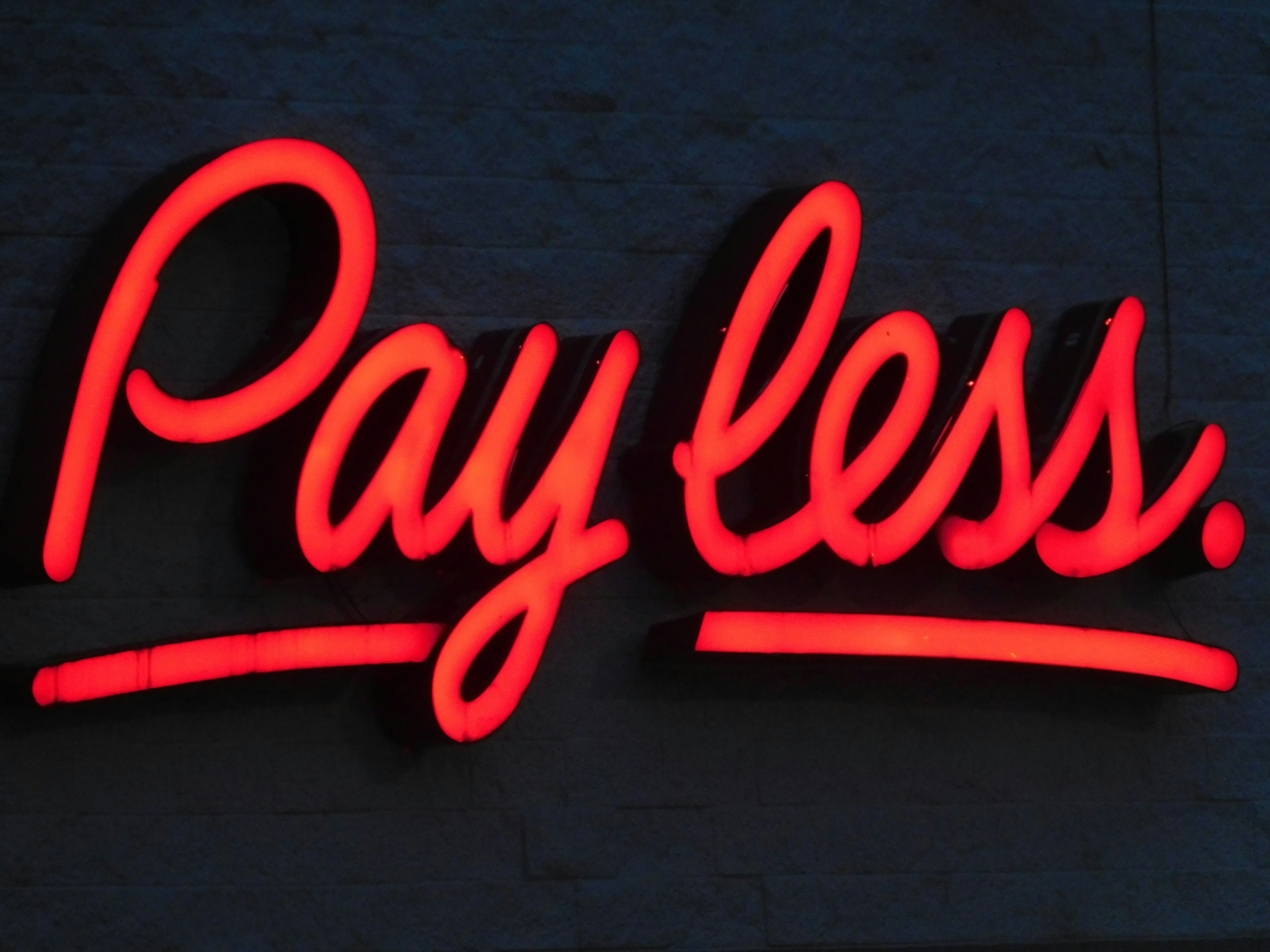Property Management
When news broke that a heavyweight property management software was hit with a lawsuit for price-fixing the rental market, it sent shockwaves through the industry. Similar lawsuits against other brands followed. A prominent rental software company faced allegations of enabling landlords to inflate rent prices artificially. It's the kind of story that makes tenants see red and leaves property managers wondering if they've unwittingly stepped into a minefield.
At first glance, selecting business software might not seem like a game-changer. However, the right choice can be crucial. Not only does it impact efficiency and cost, but it can also have significant legal implications. The wrong software could lead to unintended consequences, such as involvement in lawsuits. So, what's the best approach for property managers? Stay calm and focused. We'll explore how to avoid the pitfalls of poorly chosen software and safeguard your business.
The Consequences that Property Managers Face
The implications of these lawsuits are far-reaching and serve as a warning to the entire industry. Both the software provider and property managers who relied on it now face any of the following:
Legal Ramifications
Investigations could be launched by state and federal authorities, scrutinizing whether these managers knowingly participated in the price-fixing deceptions. Class-action lawsuits from tenants are also a real possibility, alleging unfair rent increases and seeking compensation for overpayment. Property managers might also face individual lawsuits from tenants claiming discriminatory pricing practices. The legal defense costs alone could strain or even cripple their ability to operate as property managers, not to mention the potential settlements or judgments. These are not the only fines they may be facing.
Financial Penalties
Property management companies might also face hefty fines from regulatory bodies, potentially reaching millions of dollars depending on the scale of their operations and how long they used the software. They might even be forced to pay back the profits they unfairly earned from using the software. For smaller property management firms, financial hits like that are no small matter; they could be potentially bankrupting.
Reputation Damage
In an age where info is so accessible online, a history of alleged price-fixing could easily be the first thing potential tenants see when researching that property management company or landlord. This could hurt the brand's reputation and its ability to win tenants. The damage may even extend to relationships with property owners, who might seek new management for fear of being associated with the scandal. Rebuilding a positive reputation after such negative publicity could take years of effort.
Operational Disruption
The sudden need to transition away from your software presents real operational challenges. PMs have to identify, vet, and implement new software solutions quickly. This process typically takes months of careful planning. That rushed transition could lead to data migration issues, staff training bottlenecks, and temporary inefficiencies in day-to-day operations. There's also the risk of choosing another problematic software when you’re in a rush to choose, which could compound the issues. Not to mention, the time and resources devoted to managing the fallout from the scandal – including legal consultations, PR efforts, and damage control – could detract from normal business operations, potentially impacting tenant service quality.
Ethical Considerations in Property Management Software
The property management industry can only become so focused on maximizing profits that it loses sight of its ethical obligations to tenants. While using algorithms to set rental prices may not be problematic on its own, when these tools are used to stifle competition and artificially raise prices, it's time for a serious reevaluation of how we approach property management software.
PMs should prioritize ethical considerations when choosing property management software, such as:
- Transparency: Transparency should be non-negotiable. PMs need to demand clear explanations of pricing algorithms and data usage practices.
- Compliance: Compliance with antitrust laws and fair housing regulations must be a top priority, not an afterthought. Ensure that any software you employ adheres to these laws and regulations to avoid legal complications.
- Tenant Welfare: Evaluate how software recommendations might affect affordability and tenant well-being, prioritizing the ethical treatment of renters.
How to Choose Your Next PMS
To navigate these challenges effectively, property managers should take proactive steps.
- Investigate potential software providers. Test their UI and functionality, of course, but with this scandal in mind, ask about their:
- Legal History: Research past or ongoing lawsuits involving the software company. Look for antitrust issues, data privacy violations, or fair housing complaints.
- Compliance Capabilities: Examine how the software handles fair or affordable housing regulations. Has it built-in safeguards against discriminatory practices? Is it still flexible to use even with compliance capabilities? Also, do they have tools that help you vet your tenants and protect against fraud?
- Ethical Practices: Look into the company's approach to data usage and algorithm transparency. Do they openly share how their pricing models work? Are there any independent audits of their algorithms.
- Industry Reputation: Ask other property managers for their experiences and opinions. Check industry forums and reviews for any red flags.
- Data Security: Inquire about their data protection measures and compliance with privacy laws like GDPR or CCPA.
- Third-Party Integrations: Understand how the software interacts with other systems and whether these integrations could pose any compliance risks.
- Use software as an assistive tool rather than replacing human judgment in critical decisions like pricing.
- Stay informed of laws and regulations changes affecting the property management industry.
Invest in regular training for staff on fair housing laws and ethical business practices to foster a compliant culture.
The path forward will require a commitment to ethics and prioritizing long-term sustainability over short-term gains. The lawsuit reminds us that property management software choices go beyond convenience; they have reall egal and ethical responsibilities. PMs can protect their businesses by prioritizing transparency, compliance, and ethics while helping build a fairer rental market.










